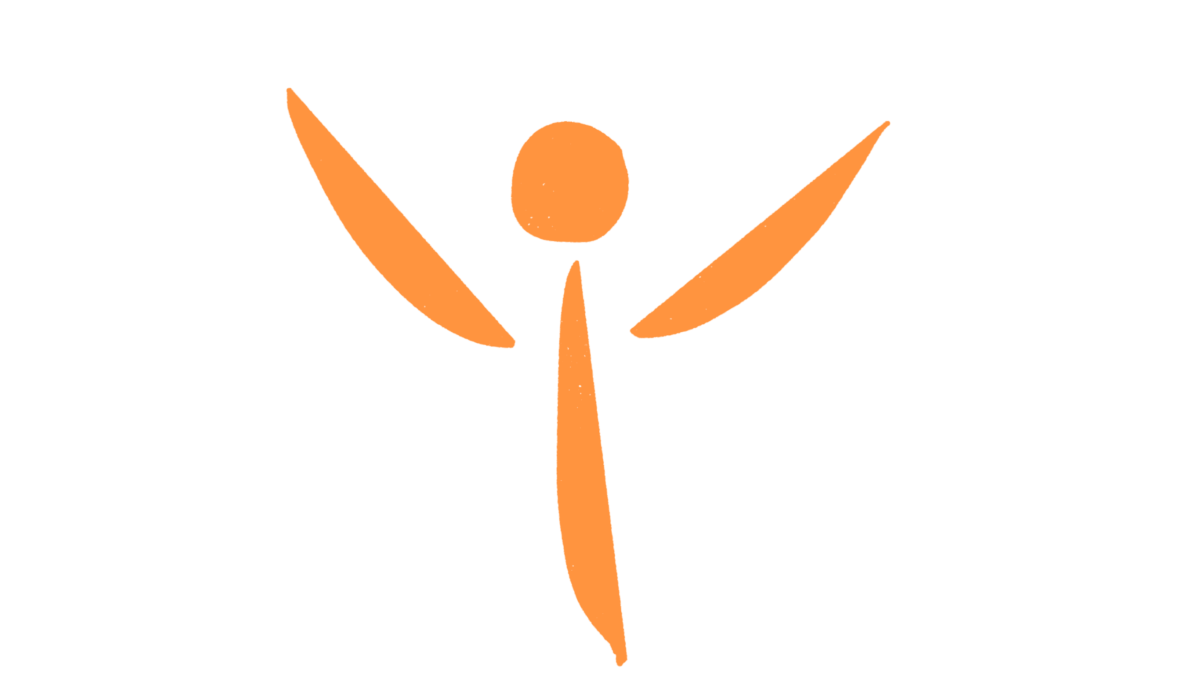When you think about it, the life journey could be considered to be derived from decisions made, by yourself and by others. Working from the premise that in life there are no ‘good or bad’ decisions, just consequences, it is those consequences that helped to create the person you are today. This BLOG then is written to help you make better informed decisions, through the use of various models and insights.
It took me a long time to arrive at the perspective above. I think I was in my early / mid forties.
Holding this belief has really helped me see that I would not be the person I am today if I had not had ‘my’ experiences and ‘my’ learnings. As I said earlier we each map the world according to our beliefs and the decisions we make are tied into what we believe.
The beliefs come from our experience and conditioning in life and we begin forming them at a very early age. Transactional Analysis (TA) tells us that, between birth (and maybe before) and three months old, (before we have developed language), we are sensing the world around us and building ‘scripts’ to deal with it, (for example, whether we feel safe or not). These ‘scripts’ are laid down within each of us and basically we spend the rest of our lives living them out, (see my previous entry around The Drowning Man). However, they are in fact, thought patterns and can be changed by choosing to do so, (not easy but possible).
We also get conditioned (learn beliefs) through all sorts of other influences, (parents, siblings, friends, peers, school, teachers, books, television, newspapers, what we learn works or does not work, what is good, what is bad, what gets attention etc).
We create beliefs about ourselves and others, what we can and cannot do, if you like, our self-esteem is built within our belief system
Our belief map / system is a fundamental part of us and since we are pattern making beings, as I said earlier, our beliefs are laid down as patterns of thought within our brain.
What I have learned is, if they are patterns of thought held in the brain then I can change them. Not all of them of course, because a lot of them are useful and help me run my life. Some of them though limit me and when I catch myself with a belief that is holding me back, I ask “Where did I learn this? Who taught me I cannot do this? What experience have I had that says this is impossible for me? How do I know I cannot do this? If I really want to do this, what new belief do I need to hold about myself (or the world, or others, or something else?) If I were to hold that belief, how would that sit within my belief system? Do I need to modify it in some way? I will cover this in more detail.
Remember also, fundamental is the belief we all hold of, I am right! So whether you believe you can or you cannot, you are right!
- What beliefs do you hold presently about yourself, in terms of what you can and cannot do?
- When did you learn them? (At what age?)
- Who from?
- Write down the unhelpful ones and look at them written / out there
- Choose one to focus on
- What triggers it?
- Think about what you might believe instead?
- Begin learning to perceive through this ‘new’ belief (lens), what do you notice?
And now you can be right about this new belief 🙂



